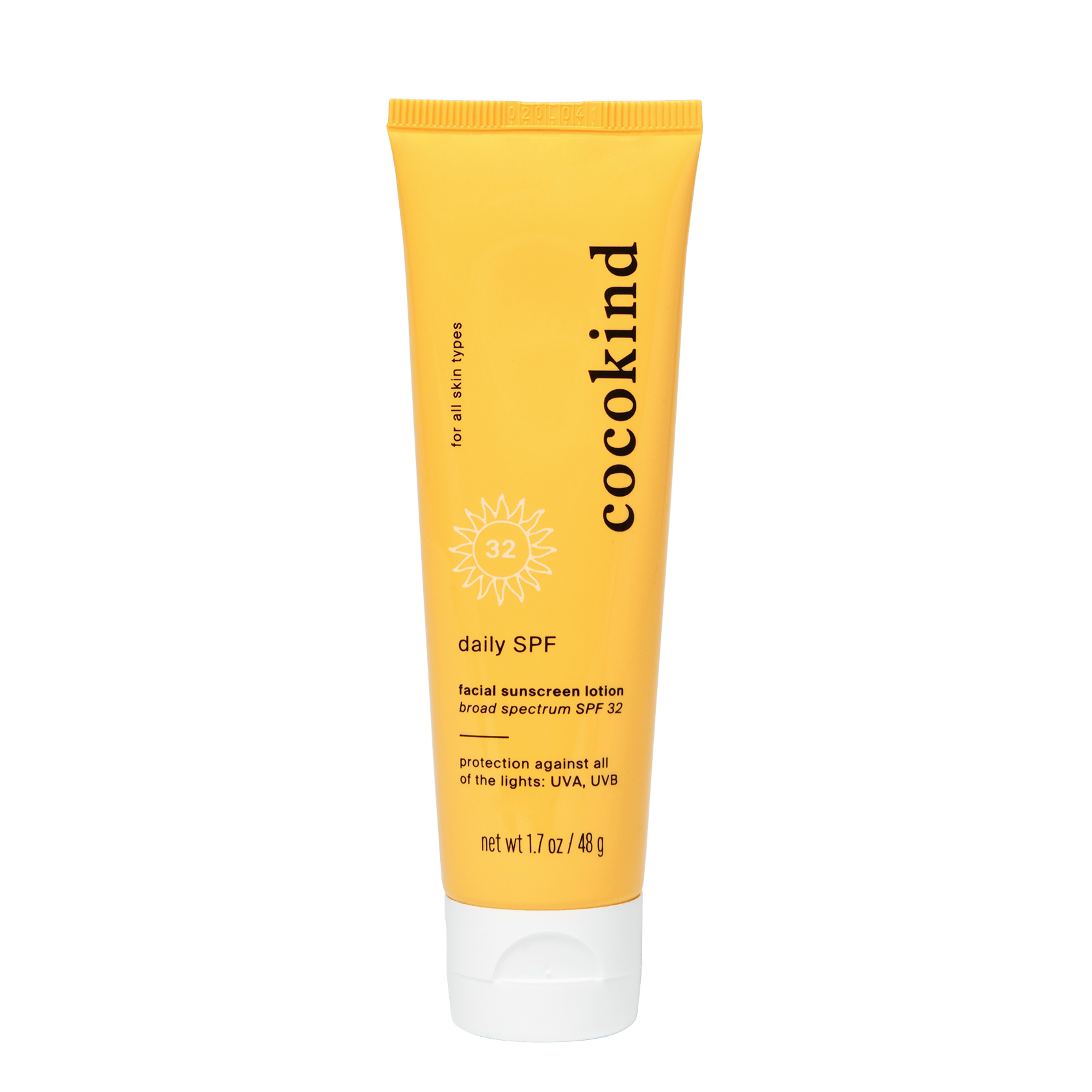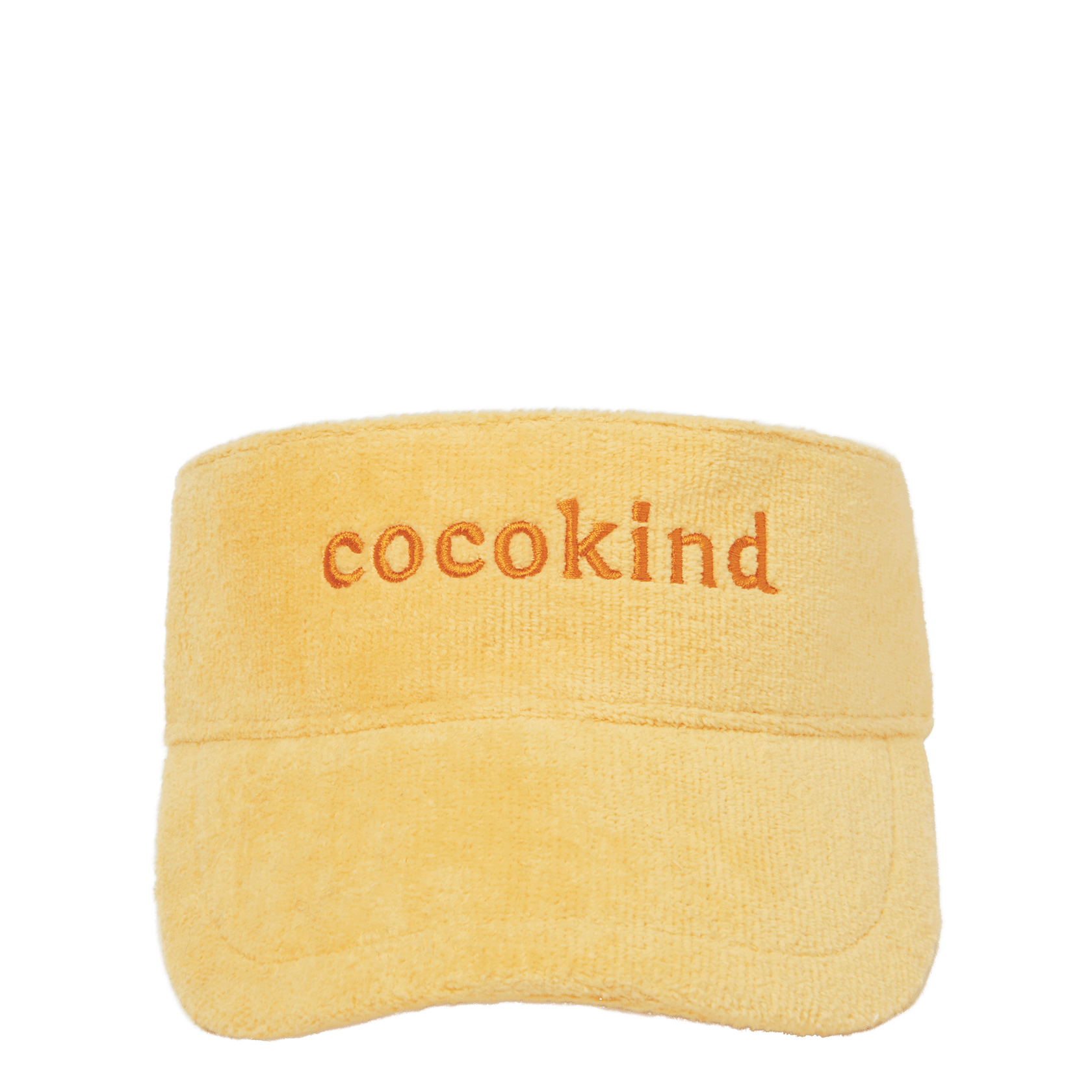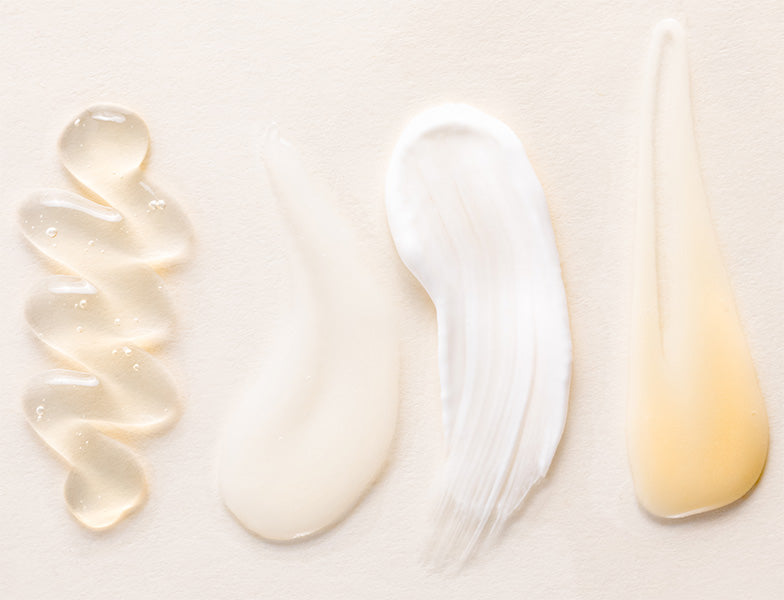SPF Shop
Frequently Asked Questions
-
Sunscreen filters, or active ingredients in sunscreens to protect skin from UV rays, are broken into two categories: mineral and chemical. Mineral sunscreen, also called physical sunscreens, are better tolerated by sensitive skin types, but can make sunscreens feel heavier and leave a whitecast on skin. Chemical sunscreens generally look invisible on skin and feel more cosmetically elegant and lightweight, but can be less tolerated by sensitive skin types. A hybrid sunscreen uses both to maximize the pros and minimize the cons of each filter. Hybrid sunscreens are usually well-tolerated by sensitive skin types, feel cosmetically elegant, and have less whitecast.
How do I know which sunscreen is right for me?
What chemical filters do you use in Silk SPF?
Are your sunscreens safe for sensitive skin? Are chemical filters safe for sensitive skin?
Are your sunscreens safe for blemish-prone skin?
Is your sunscreen reef-safe?
Are your sunscreens safe for pregnancy?
Can I use your sunscreen on my kids?
Are your products vegan, cruelty-free, and gluten-free?
-
Whatever sunscreen meets your skin’s unique needs, your personal preferences, and that you enjoy wearing and will apply! Our Silk SPF is lightweight and leaves a reduced whitecast. We recommended our Daily SPF lotion for those with sensitive skin types or are looking for a mineral-only option.
-
We use homosalate as the chemical filter in the Silk SPF.
-
Both sunscreens work well for blemish-prone skin and choosing between the two depends on your unique skin needs. The Silk SPF is a great option because it’s lightweight and doesn’t feel heavy, whereas the Daily SPF may be better if you are blemish-prone and have sensitive skin. We still always recommend a patch test to confirm your own skin’s compatibility.
-
Unfortunately research supports that all sunscreen filters have some degree of effect on the ocean, including high concentrations of mineral or chemical filters. Currently, the filters we are using, non-nano zinc oxide (mineral) and homosalate (chemical) are not on any state’s banned list like oxybenzone and octinoxate, and we will continue to monitor research that comes out on SPF products’ impact on coral reef safety.
-
As sunscreen is considered an OTC (over the counter) drug, we recommend talking to your doctor and to see if this product works for your individual needs while pregnant or breastfeeding. Research is generally not performed on pregnant women, so there isn’t a hard answer or solid evidence on its effects of use during pregnancy and breastfeeding. Homosalate is a derivative of salicylic acid, which some people avoid during pregnancy, so again it’s important to talk to your doctor. We would recommend you taking a look at our daily SPF, which is a mineral-only sunscreen!
-
Both the Silk SPF and Daily SPF were formulated to be gentle and clinically tested and dermatologist-reviewed to ensure they’re non-irritating. However, mineral SPFs are typically preferred by dermatologists for use on children, so we would recommend our Daily SPF. We still always recommend talking to your pediatrician and doing a patch test to ensure compatibility.
-
Both the Silk SPF and Daily SPF are vegan, cruelty-free, and gluten-free.


